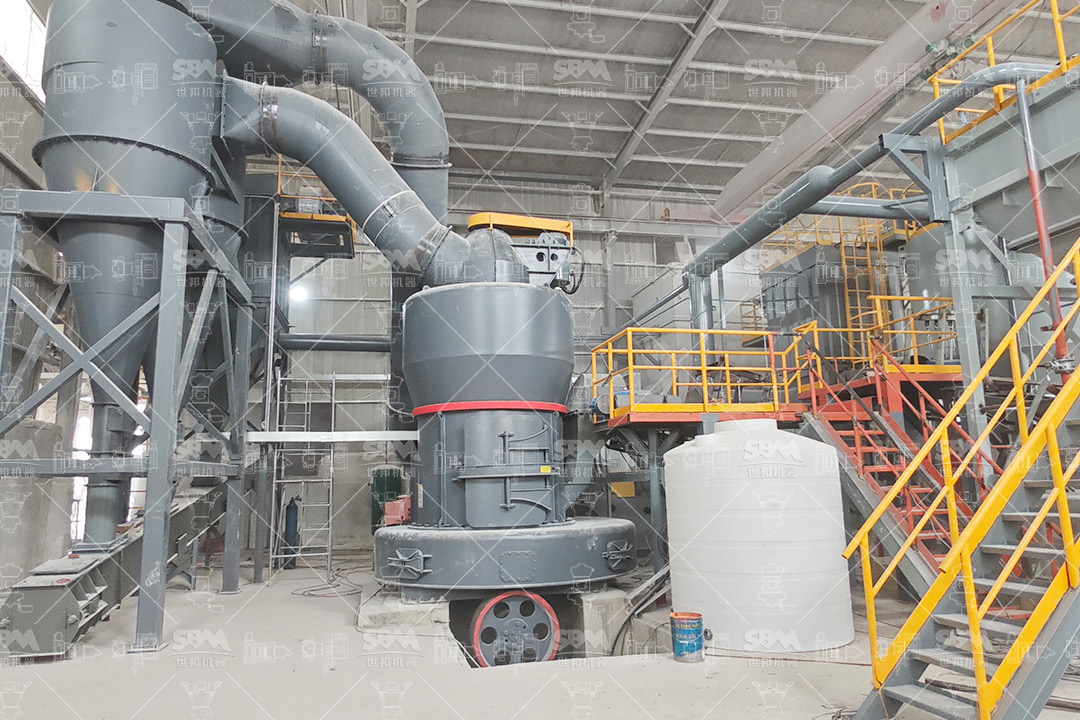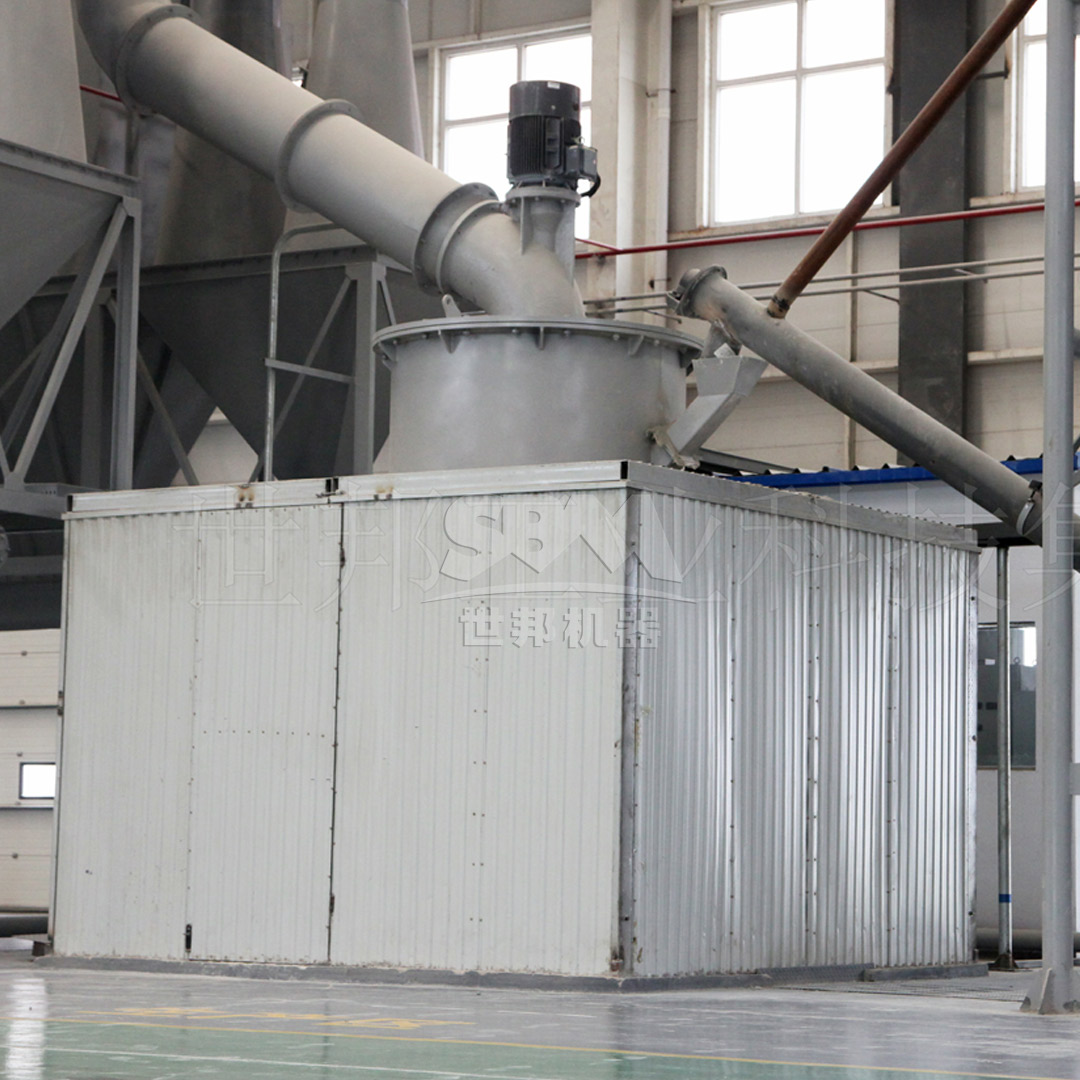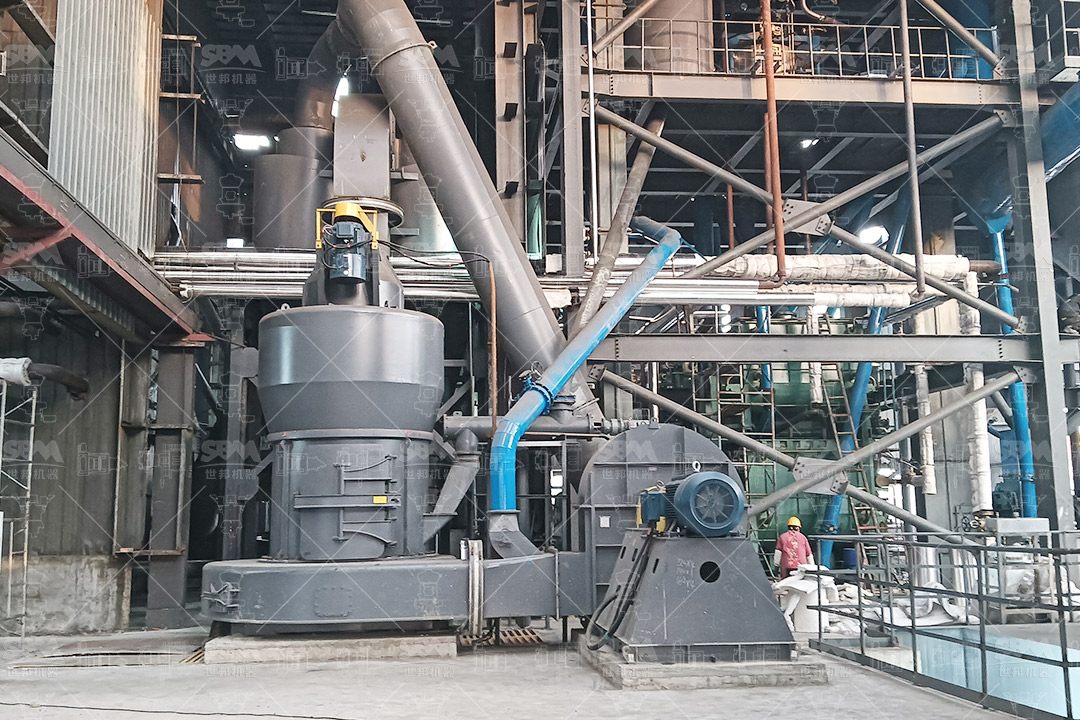Barite (BaSO₄), a naturally occurring mineral composed of barium sulfate, has become an indispensable functional filler in the rubber and plastic industries. Its high density, chemical inertness, low oil absorption, and brilliant white color make it particularly valuable for enhancing the physical properties of polymer compounds. The efficacy of barite as a filler, however, is profoundly dependent on its particle size distribution, morphology, and surface purity. Achieving the optimal powder characteristics requires advanced grinding technology capable of delivering precise fineness, narrow particle size distribution, and high throughput without contamination.
In rubber applications, finely ground barite improves compression set, increases resistance to abrasion and corrosion, and enhances the overall density and sound damping properties of products like vibration-damping mounts, gaskets, and hose weights. In plastics, ultra-fine barite powder significantly improves surface finish, increases stiffness (modulus), provides excellent weatherability, and acts as a highly effective nucleating agent. The transition from coarse to ultra-fine grinding unlocks these enhanced properties. Coarse particles can act as stress concentrators, weakening the composite, while uniformly distributed ultra-fine particles seamlessly integrate into the polymer matrix, reinforcing it without compromising flexibility or processability.

Grinding barite to the stringent specifications required by the polymer industry presents several technical challenges. Barite is a medium-hard mineral (3-3.5 on the Mohs scale), but its tendency to form agglomerates and its specific gravity can cause issues in grinding systems not designed for such materials.
Not all grinding mills are created equal for this specific task. The ideal mill must offer precision, efficiency, durability, and cleanliness. While ball mills and Raymond mills are common, they often fall short in producing the high-purity, ultra-fine grades demanded by high-performance polymer applications. The industry is increasingly turning to more advanced, vertical roller mill and ultra-fine grinding technologies.
For manufacturers seeking to produce the highest quality barite powder for rubber and plastic compounds, the SCM Series Ultrafine Mill (45-5μm) represents the pinnacle of grinding technology. This mill is engineered specifically for the challenges of ultra-fine processing, making it an ideal solution for barite.

The SCM Mill’s core parameters align perfectly with industry needs:
| Model | Processing Capacity (ton/h) | Main Motor Power (kW) | Output Fineness (mesh) |
|---|---|---|---|
| SCM800 | 0.5-4.5 | 75 | 325-2500 |
| SCM900 | 0.8-6.5 | 90 | |
| SCM1000 | 1.0-8.5 | 132 | |
| SCM1250 | 2.5-14 | 185 | |
| SCM1680 | 5.0-25 | 315 |
For applications requiring a slightly coarser grind or for initial size reduction before ultra-fine milling, the MTW Series Trapezium Mill (600-45μm) is a robust and efficient workhorse. With an input size of up to 50mm and an output range of 30-325 mesh (up to 0.038mm), it offers high capacity ranging from 3 to 45 tons per hour.
Its key advantages include a wear-resistant shovel design that lowers maintenance costs, an optimized curved air duct that reduces energy loss, and an overall drive system with 98% transmission efficiency. The MTW mill is a reliable and cost-effective solution for producing high-quality barite fillers for a wide range of polymer compounds.
The quality of a rubber or plastic compound is intrinsically linked to the quality of its raw materials, and fillers are no exception. Investing in advanced grinding technology like the SCM Ultrafine Mill is not merely an equipment purchase; it is an investment in product superiority, production efficiency, and market competitiveness. By producing barite powder with exceptional fineness, purity, and consistency, manufacturers can empower their customers in the polymer industry to create lighter, stronger, more durable, and higher-performing products. In the high-stakes world of advanced materials, the right grinding machine is the foundation upon which innovation is built.
